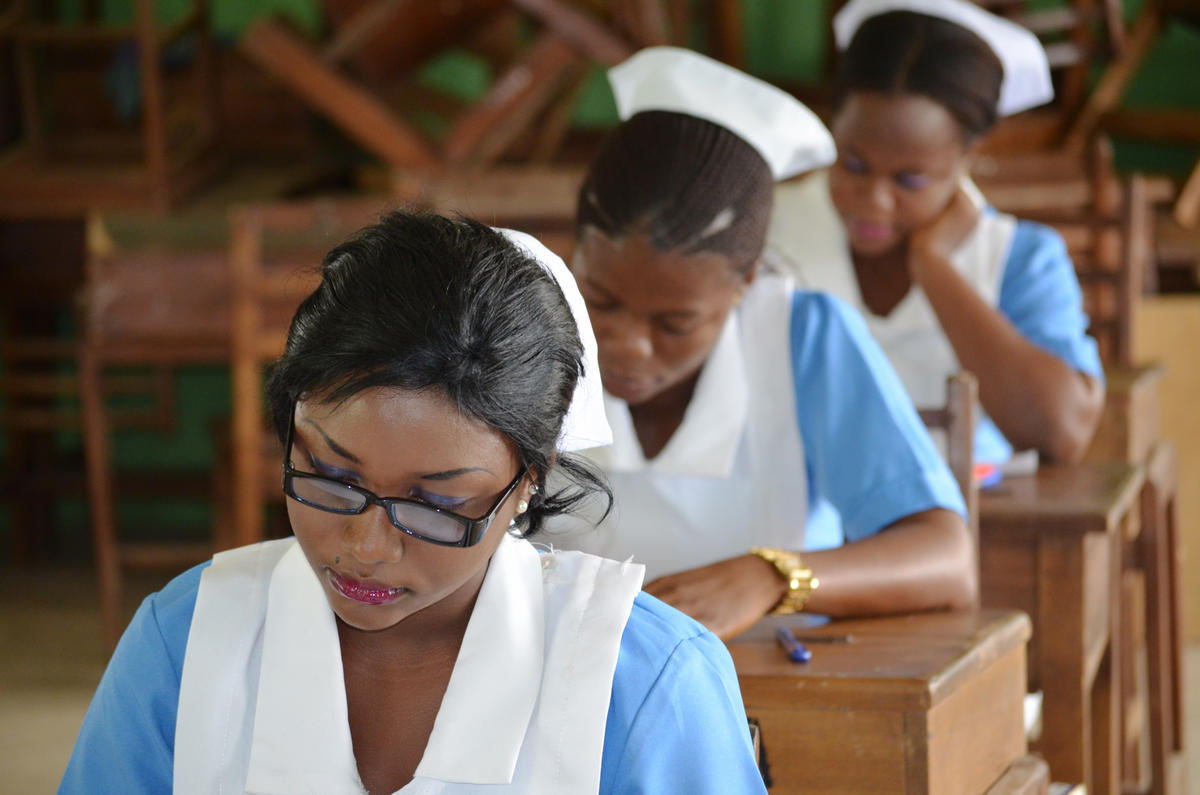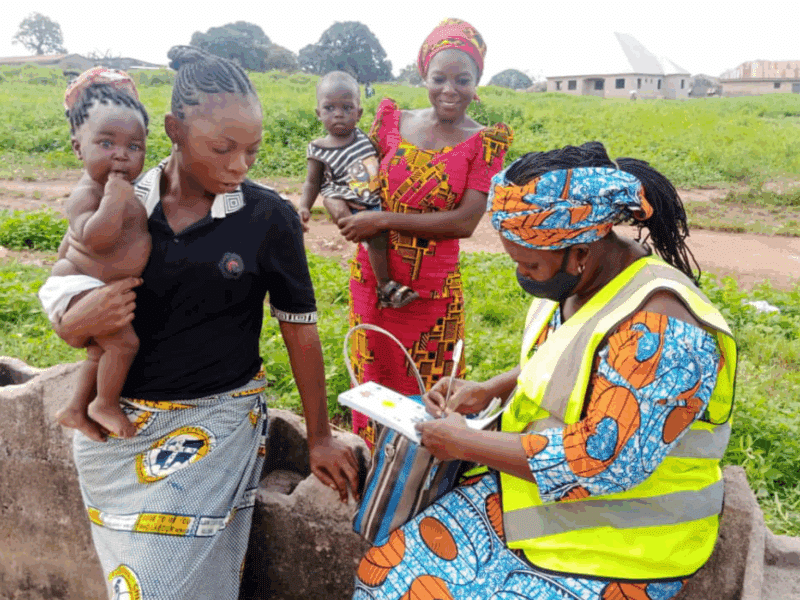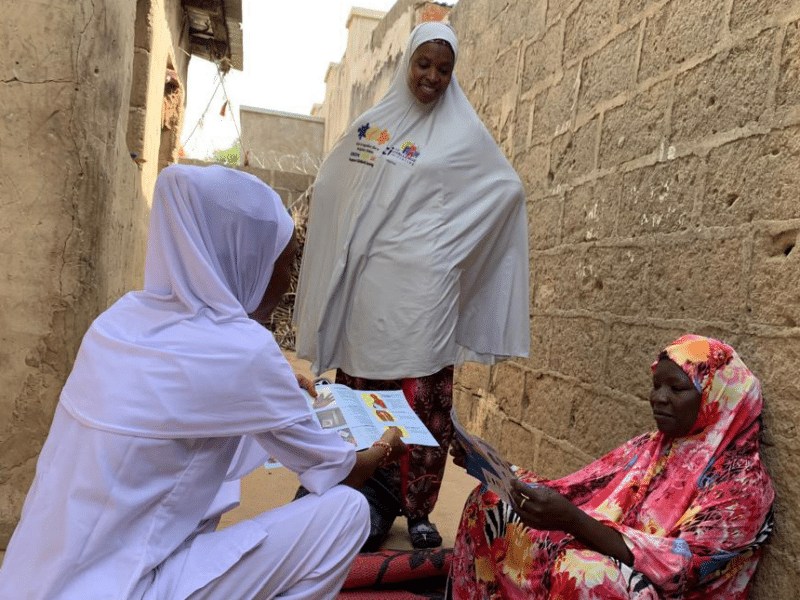You’re surrounded by loved ones, dressed in your nicest gown, ready to begin the ceremony. Children are dancing in the streets, happy couples are mingling, and everyone is celebrating. Today is your wedding day, but you are not smiling. You had dreams of studying to become a doctor. Now you will have a husband to care for and will likely not have time for friends or school anymore.
Whether you are ready or not, your husband would like children. He needs them to help with labor both inside and outside of the house. Early pregnancy puts you at a much higher risk for complications— or even worse, death—during childbirth. In fact, pregnancy and childbirth complications are the second cause of death among 15- to 19-year-olds globally. If girls make it through childbirth, they are still often exposed to violence and thrown into a cycle of poverty. Often, their rights to education and opportunity are erased.
Something as simple and obvious as keeping girls in school can change everything. Successful sexual and reproductive health transitions to adulthood depend heavily on the quality of education that adolescent girls receive. Educated girls are better equipped to take control of their health and lives and decide when it’s the right time for them to get married and have children. This has not only a profoundly positive effect on girls, but also a far-reaching impact on economies: An increase of just 1% in the number of women who have completed secondary school can increase per capita income growth by 0.3 percent.
The MLE Project examined which girls in Nigeria and Kenya delay transitions to adulthood. We found that one of the best ways to delay these transitions is to keep girls in school. Successful ways to accomplish this include investing in programs such as school subsidies and social cash transfers.
Girls’ secondary education reduces infant mortality and children’s stunting, increases childhood immunization and nutrition, and lowers fertility rates, unwanted pregnancies, and prevalence rates of HIV/AIDS. Aside from health benefits, educating girls can also notably boost economies. With all of these benefits, it is hard to imagine a world that is still lagging on gender equality relative to education. Let’s move towards a better future for all by providing girls with their deserved right to a safe and inclusive education.
This post was written by Christina Shaw, Communications Specialist at the Johns Hopkins Center for Communication Programs (CCP) working on the Measurement, Learning & Evaluation (MLE) Project. The Measurement, Learning & Evaluation (MLE) Project is the evaluation component of the Urban Reproductive Health Initiative (Urban RH Initiative), a multi-country program in India, Kenya, Nigeria and Senegal that aims to improve the health of the urban poor. The goal of the MLE project is to promote evidence-based decision-making in the design of integrated family planning and reproductive health (FP/RH) interventions for the Urban RH Initiative.





